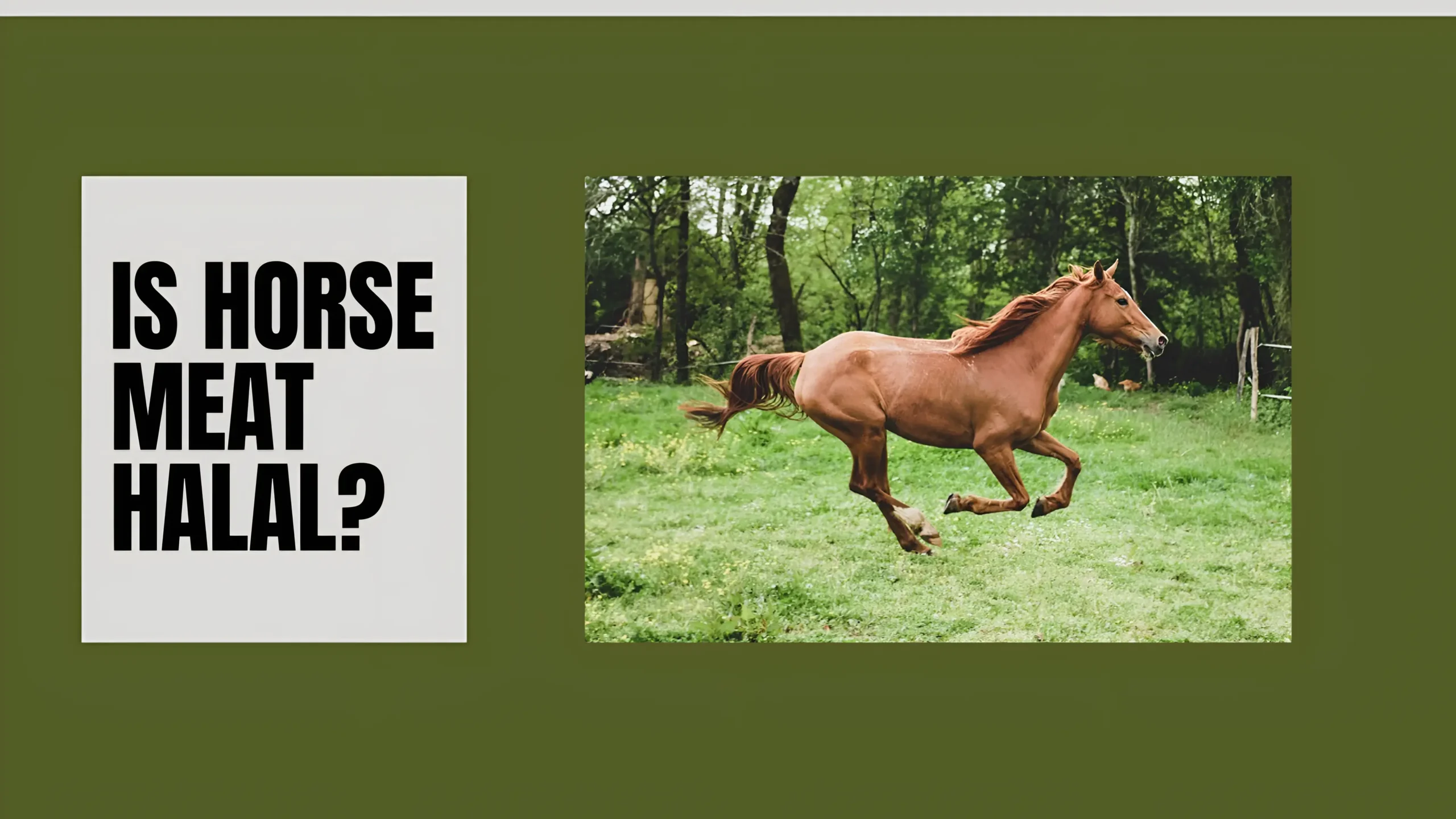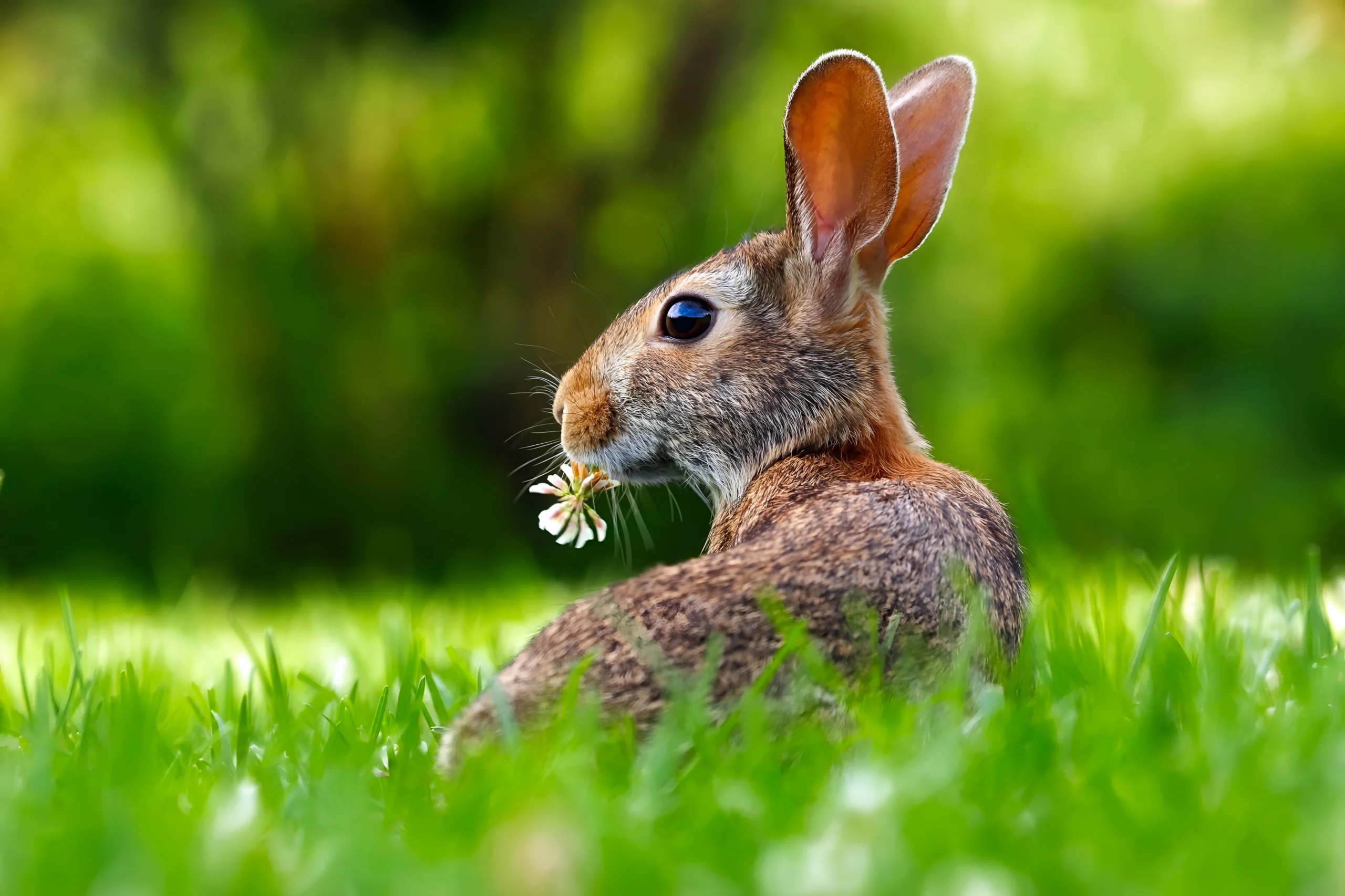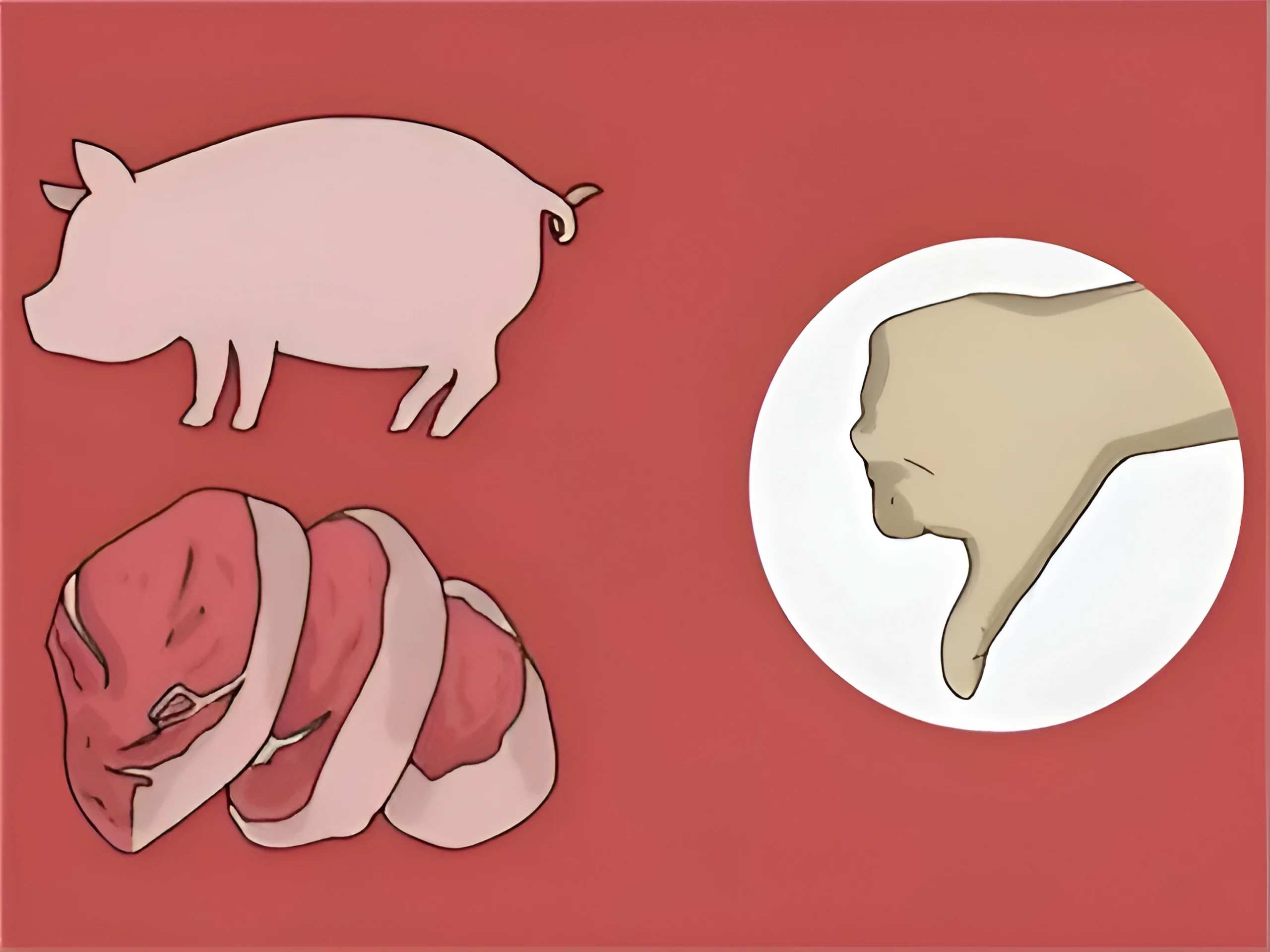Is Horse Meat Halal or Haram? The Islamic Ruling and Scholarly Opinions
Introduction
Islamic dietary law is greater than issues of nutrition it is obedience, purity, and submission. What Muslims eat not only affects their physical well-being but also their spiritual condition. The Qur’an and Sunnah establish clear distinctions between what is halal (allowed) and haram (prohibited), which govern the everyday life of believers from far and wide.
One of the questions that frequently come up is regarding horse meat: Is eating horse meat halal or haram in Islam?
While pork or carrion, whose status is clear-cut, has been pronouncedly ruled on, the lawfulness of horse meat has been something debated by scholars since Islamic times. Some Muslims ask themselves whether it is permissible, frowned upon, or strictly forbidden to eat it.
This article examines the Qur’anic references, Prophetic traditions (hadith), and scholarly interpretations of the four major schools of Islamic law (madhāhib) to provide a complete answer to this question. It will also consider the wisdom (hikmah) underlying these perspectives and their contemporary significance.
1. The Qur’anic Foundation: Animals Permissible for Consumption
The Qur’an establishes broad principles regarding permitted and forbidden foods. In Surah Al-Ma’idah (5:1), God directs:
“O you who have believed, fulfill [all] contracts. Lawful for you are the animals of grazing livestock except for that which is recited to you [in this Qur’an].”
This verse sets down the principle that all animals are allowed to be eaten unless specifically forbidden. The Qur’an explicitly prohibits:
- Carrion (dead animals not properly slaughtered)
- Blood
- Flesh of swine
- Animals offered to other than Allah
(Surah Al-Baqarah 2:173, Al-Ma’idah 5:3, Al-An’am 6:145, An-Nahl 16:115)
There is no mention of horses in the forbidden list. But there is an interesting background in Surah An-Nahl:“And [He created] the horses, mules, and donkeys for you to ride and as adornment. And He creates that which you do not know.”
(Surah An-Nahl 16:8)
From this verse, certain scholars deduce that horses were made mainly for riding and appearance, rather than to be eaten — although the verse does not state they are forbidden to eat them. To make the ruling clear, therefore, one has to refer to the Sunnah (Prophetic way of life).
2. Prophetic Teachings (Hadith) on Horse Meat
Most genuine and conclusive evidence related to horse meat is from some of the Hadiths of Prophet Muhammad ﷺ, more so from the Battle of Khaybar (7 AH).
a. Hadith from Sahih al-Bukhari and Muslim
“We consumed horse meat while in the lifetime of the Messenger of Allah, and he did not prohibit it, but he prohibited us from consuming the meat of domestic donkeys.”
— Sahih al-Bukhari (4219), Sahih Muslim (1941)
This account by Asma’ bint Abu Bakr (may Allah be pleased with her) sets out clear permission to eat horse meat. The Prophet ﷺ went out of his way to distinguish between horse meat (halal) and donkey meat (haram) at the same incident.
b. Hadith from Jabir ibn ‘Abdillah
“On the day of Khaybar, the Messenger of Allah forbade the eating of donkey meat but allowed the eating of horse meat.”
— Sunan Abu Dawud (3788), Jami’ al-Tirmidhi (1802)
The uniformity of these reports in several authentic collections leaves no doubt — horse meat was lawful to the Prophet ﷺ.
And so, in accordance with the Sunnah, horse meat is acceptable. But the level of preference or aversion in consuming it varies among scholars, as we shall learn.
3. The Scholarly Opinions (Ijma’ and Ikhtilaf)
Islamic law promotes comprehension of the hikmah (wisdom) and maqasid (objectives) of the law. Where explicit texts are available, they are treated as ultimate; where texts are ambiguous, scholars use reason (ijtihad) to apply.
For horse meat, most of the four Sunni schools’ jurists have presented a subtle approach.
a. The Hanafi School
The Hanafi scholars (scholars of Imam Abu Hanifa) believe that consumption of horse flesh is makruh tanzihi — disliked but not haram.
Their argument is based on the Qur’anic verse (16:8), in which horses have been referred to as being created for riding and adornment. They believe that because horses were a valuable asset in terms of conveyance and war, it could be wasteful to kill them for food.
But they do not hold it as sinful. According to Imam Abu Yusuf (one of Abu Hanifa’s foremost students), “It is better not to eat horse meat, though there be no sin on him who does so.”
Thus, by Hanafi school:Essentially halal Disliked (makruh) because of its noble purpose and cultural reverence.
b. The Maliki School
The Maliki school also believes that horse meat is halal, but with minor hesitation. Imam Malik viewed horses as animals of beauty and nobility but did not view their consumption as forbidden.Imam Malik stated in Al-Muwatta’, “I do not see anything wrong with eating horse meat,” citing the hadith of Asma’ bint Abu Bakr.
Thus, Malikis find it halal, although not practiced commonly out of cultural respect and not religious prohibition.
c. The Shafi‘i School
The Shafi‘i school maintains that eating horse meat is halal without restriction.
Imam al-Shafi‘i explicitly affirmed this in Al-Umm, citing the authentic hadith that the Prophet ﷺ and his companions ate horse meat during Khaybar. To the Shafi‘is, the Qur’anic mention of horses for riding does not restrict their permissibility for consumption, since that would require explicit prohibition.
Thus, for Shafi‘is: Fully halal and permissible to eat.
d. The Hanbali School
The Hanbali school aligns with the Shafi‘i position. Imam Ahmad ibn Hanbal clearly stated:
“There is nothing wrong with eating horse meat, as it is established by the authentic hadith.”
Hence, according to the Hanbalis, horse meat is halal and even praiseworthy when eaten with gratitude, provided the animal is slaughtered according to Islamic guidelines (zabiha).
4. The Distinction Between Horse Meat and Donkey Meat
It’s vital to differentiate between horse and donkey meat since others mix the two because they are so similar as pack animals.
- Horse meat: Halal (allowed) according to valid hadith.
- Donkey meat: Haram (prohibited), since the Prophet ﷺ described it as such in clear words at Khaybar.
The ban on donkey meat results from its identification with filth and use as a domestic work animal, rather than from its physical characteristics. This contrast serves to underscore Islam’s subtlety in dealing with food ethics.
5. The Wisdom (Hikmah) Behind Allowing Horse Meat
Islamic decisions frequently testify to Allah’s wisdom — reconciling human requirements, animal welfare, and public good. The allowance of horse meat has various meanings:
a. Respecting Human Need and Context
During the early Muslim society, horses were precious, and horses were needed for travel and protection. Permitting horse meat allowed room under pressure without making the religion cumbersome.
b. Acknowledging Cultural and Emotional Value
Although lawful, the minor discouragement by certain scholars demonstrates respect for cultural sentiments — valuing the horse as a superior friend without prohibiting its meat.
c. Enforcing the Doctrine of Moderation
Islam doesn’t forbid needlessly and doesn’t allow extravagantly. The law on horse meat is a manifestation of the middle principle: it’s permissible, but excessive consumption or wastage might be frowned upon.
d. Encouraging Mercy in Slaughter
Even for allowed animals, Islam requires humane treatment. Horses, like any other animals, have to be slaughtered humanely and not due to cruelty or vanity.
6. Contemporary Views: Horse Meat Now
In contemporary times, attitudes towards horse meat differ around the world. Horse meat is taboo in much of the Western world, but it is eaten regularly and is considered wholesome food in places such as Central Asia, Kazakhstan, Mongolia, and parts of Europe.
In the predominantly Muslim world, horse meat consumption tends to be based more on cultural custom than religious interdiction.
Nutritionally, horse meat is less fatty than beef and highly concentrated with iron, thus a nutritious protein source when eaten ethically and in moderation.
For Muslims today, the principle still stands:
- If it’s properly slaughtered (zabiha),
- If it’s cruelty-free,
- And if it does not result in waste or arrogance —
then it is permissible (halal) to eat.
7. Dispelling Misconceptions
Some individuals wrongly think horse meat is haram based on misunderstanding with donkey meat or cultural feeling. Genuine hadith and scholarly opinion verify otherwise.
Another misunderstanding is that the verse which speaks of horses as means of riding (16:8) suggests prohibition of consuming them. This is wrong — the verse only notes their main usage, not an isolated one.
Islamic jurisprudence makes a distinction between designation of purpose (how one normally uses something) and legal ruling (whether it is permissible). Horses being for riding does not exclude the legitimacy of consumption.
8. Ethical Consumption and Animal Welfare
Islamic dietary laws cross over into the ethics of compassion. The Prophet Muhammad ﷺ stated:
“Verily, Allah has prescribed excellence (ihsan) in everything. So when you slaughter, slaughter well.”
— Sahih Muslim (1955)
Whether to consume horse meat or not, the focus is always on humane treatment, legal slaughter, and thankfulness to Allah. Muslims should abstain from extravagance, be respectful to creation, and only eat what is good for body and soul.
Conclusion
Thus, is horse meat halal or haram in Islam?
The answer, according to the Qur’an, Sunnah, and majority scholarly opinion, is that horse meat is halal. The Prophet Muhammad ﷺ explicitly permitted it, and no authentic text forbids it.While the Hanafi school deems it disliked out of respect for the animal’s noble role, it is not sinful to eat. The other schools — Maliki, Shafi‘i, and Hanbali — consider it fully permissible.
In Islam, the principle is clear:
“The default in all things is permissibility unless Allah has forbidden it.”
So, a Muslim who consumes horse meat does nothing wrong, as long as it is halal slaughtered. Those who abstain due to personal or cultural preference are also admirable for their self-control.In the end, this question mirrors Islam’s wonderful balance — compassion without excess, discipline without hardship, and gratitude in all things.
For more like this visit : Hilalinfohub




Post Comment